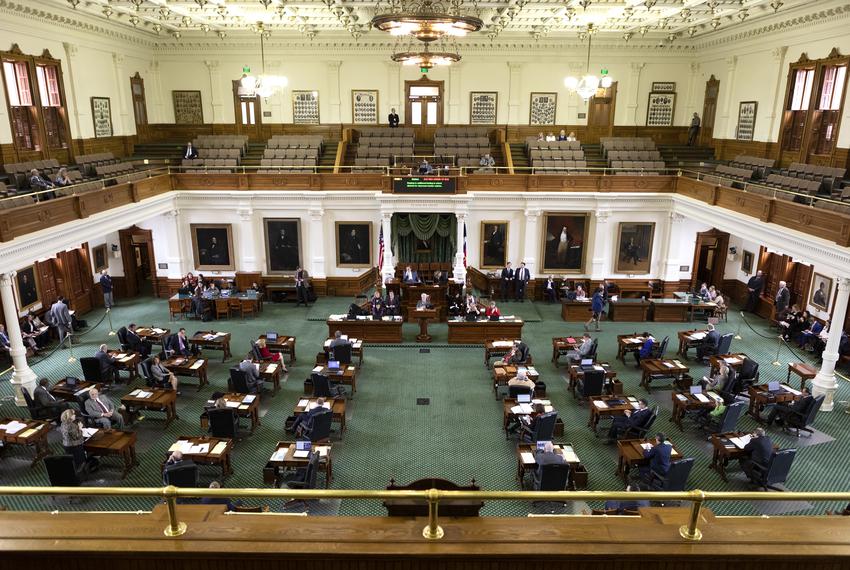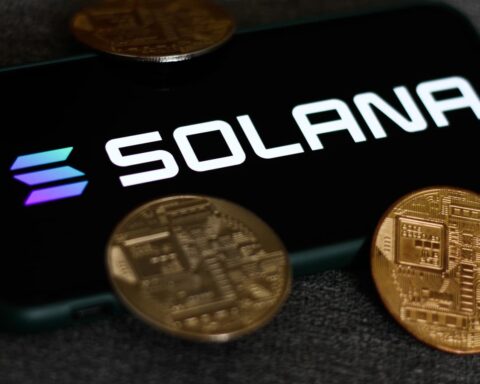On July 11, the United States Senate Financial Services Committee Chair Ron Wyden and ranking member Mike Crapo reached out to the digital asset community through an open letter, seeking input on the taxation of digital assets.
Recognizing the highly complex nature of this issue, the senators provided background reading from the Joint Committee on Taxation to assist respondents in formulating their answers.
The senators acknowledged that the Internal Revenue Code of 1986 does not offer a straightforward classification for digital assets.
As a result, they posed a series of questions covering nine subject areas to gain a deeper understanding of the challenges surrounding the taxation of digital assets.
READ MORE: Chinese Government Tightens Regulations on AI Development
They explained that the Committee on Finance had initiated a bipartisan effort to identify key questions at the intersection of digital assets and tax law.
The letter explored various topics, including fair value (mark-to-market) accounting, the trading safe harbor to encourage foreign investment, digital asset loans, wash sales, constructive sales (related to short-selling), income from staking and mining, “nonfunctional currency,” reporting by foreign firms, and valuation and substantiation on an exchange.
Throughout the letter, specific sections of the tax code were referenced to provide context for the questions.
While the Internal Revenue Service (IRS) has primarily focused on combating criminal activities related to cryptocurrencies, it has also begun taking a more proactive approach to income taxation.
Earlier this year, the IRS proudly announced that it had seized a total of $10 billion in crypto as part of its law enforcement efforts.
In a recent case, the IRS demonstrated its increased emphasis on income taxation by issuing a summons to the crypto exchange Kraken in 2021.
The summons demanded user information on all transactions exceeding $20,000. On June 30, the District Court for the Northern District of California ordered Kraken to comply with the IRS’s request.
Interested parties have until September 8 to respond to the Senate committee’s letter, providing their insights and perspectives on the taxation of digital assets.
This outreach demonstrates the senators’ commitment to understanding the complexities involved and seeking input from the digital asset community to shape future tax policies.




